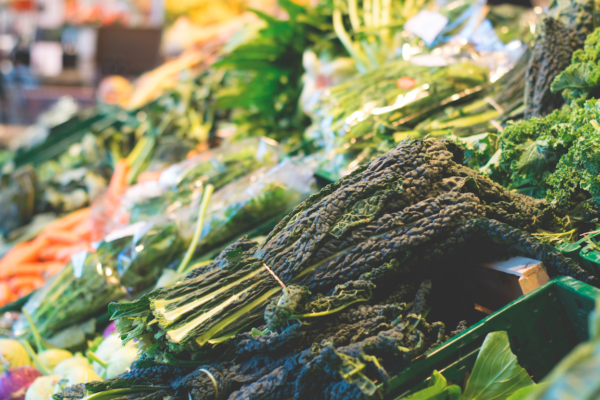
Should UK food and farming sectors support a target for greater self-sufficiency?
Many, including institutions like the NFU, argue we should be pushing for greater self-sufficiency when it comes to our food. There are compelling arguments – around community resilience, often environmental impacts, local employment and national pride – to support that. Debates on the role of ‘local’ remain prominent in some circles. Local food can be great, but is that too simplistic in the complex, interconnected world we live in and should we be striving to source much more of our food from within the UK?
Self-sufficiency can be a problematic concept. What does it really mean in the context of food? Does it refer to agricultural inputs and labour? Or is it just about trying to grow and process food within our national boundaries? Some claim that UK food production is more climate and nature friendly than many parts of the world, so we should privilege it if necessary through a Carbon Border Adjustment Mechanism or similar. Others will argue that UK produced food does not always have the highest environmental or animal welfare standards. Following Brexit, there are ongoing debates about UK food for UK jobs (import substitution) versus the benefits of international trade (drawing on the comparative advantages of different countries).
The UK already places a heavy environmental burden on the rest of the world, importing close to half of the food consumed in the UK. In a globalised world, where many of the impacts of food systems are felt beyond borders, striving for (greater) self-sufficiency, done badly, risks closing the UK off from the rest of the world and missing out on opportunities for trade and cultural enrichment.
At a time when party political manifestoes for the UK General Election are being drawn up, with some political parties playing to populist, nationalist ideologies, now is a vital time to explore what food systems that are fair for people, planet and animals look like? We need to consider what is best for resilience, in the context of external shocks (from climate-induced extreme weather events to future pandemics).
This in-person dinner meeting in central London will provide an opportunity for participants to:
Speakers will include Sue Pritchard, Chief Executive of the Food, Farming and Countryside Commission, and Dr Tara Garnett, University of Oxford and Director of TABLE Debates. Dr Jason Archie–Acheampong, International Commercial Programmes Manager at Producers Direct and member of the Food Ethics Council, will chair the discussion.

7th November 2023
4:45 - 8:30 pm
St Luke's Community Centre
Central Street
London
UK